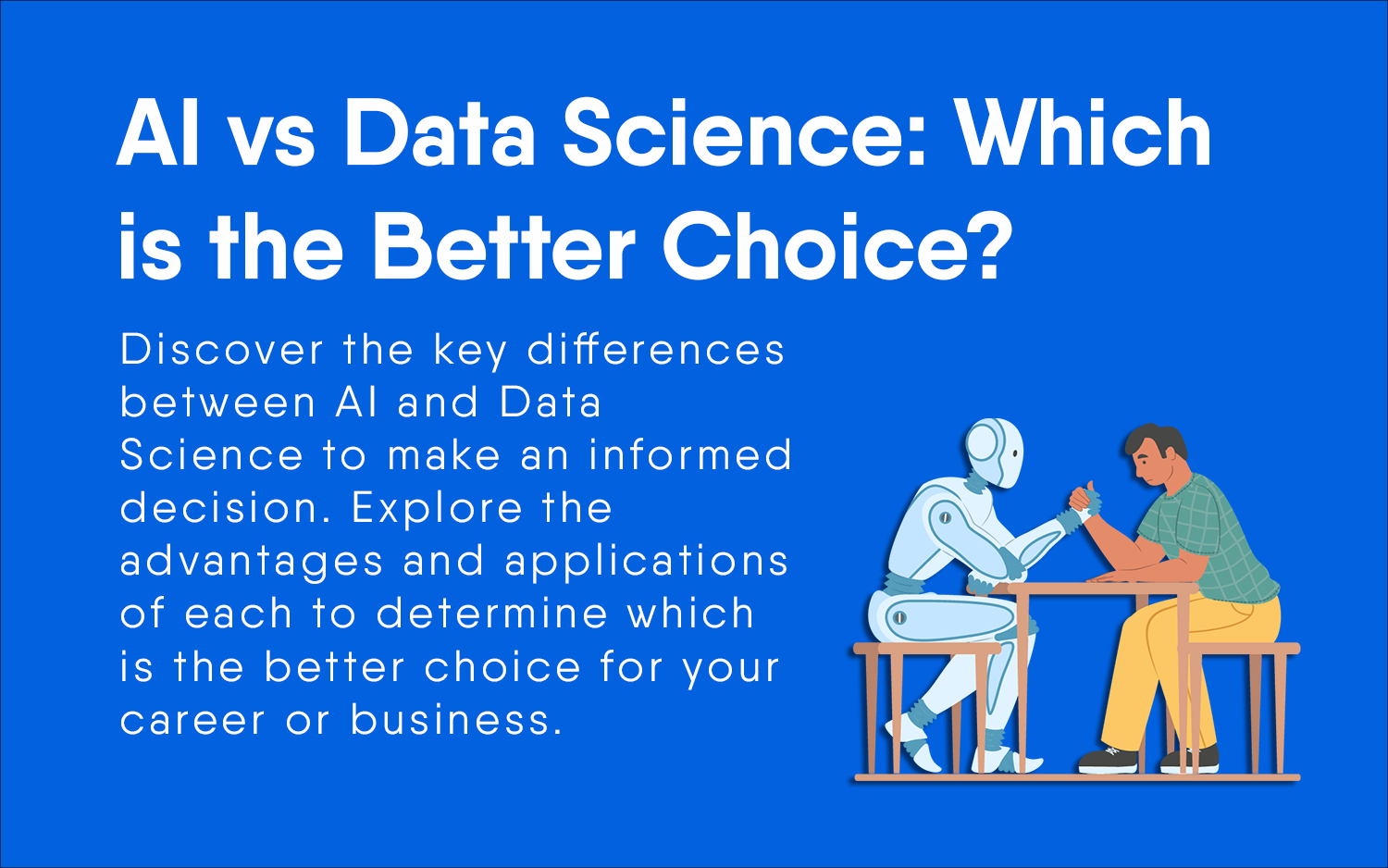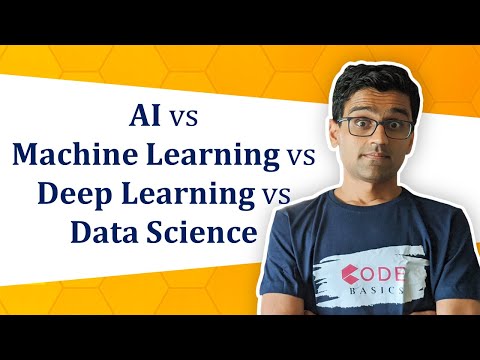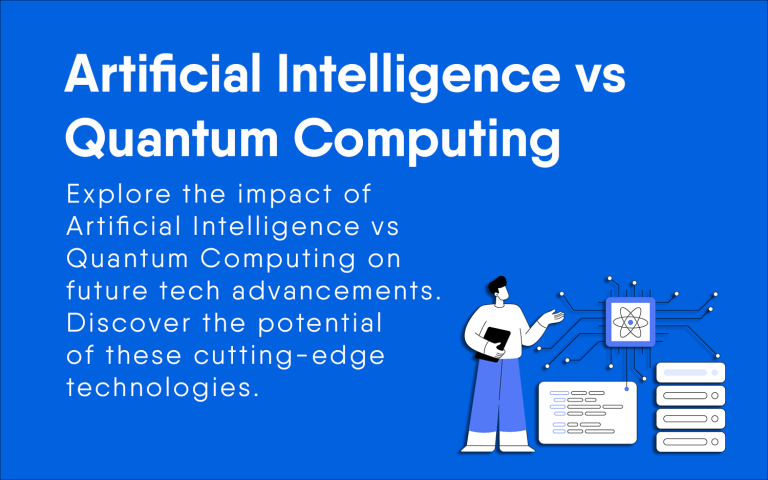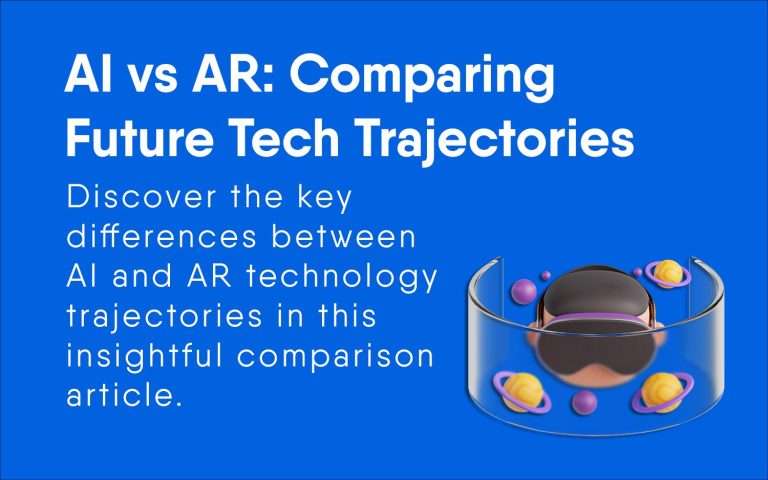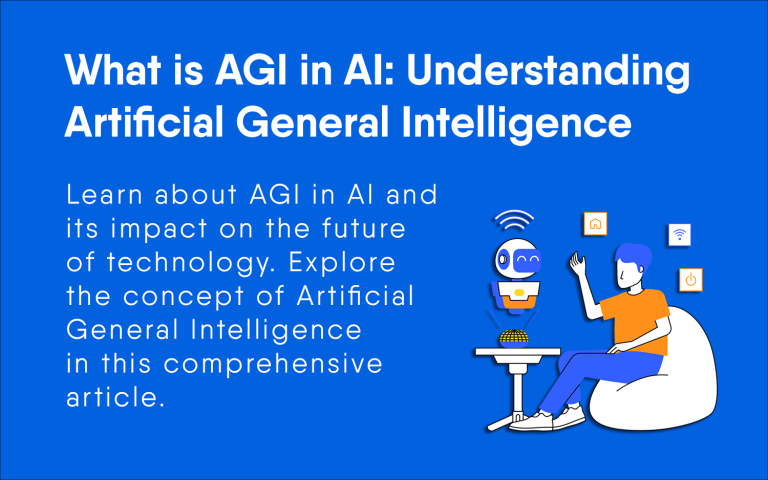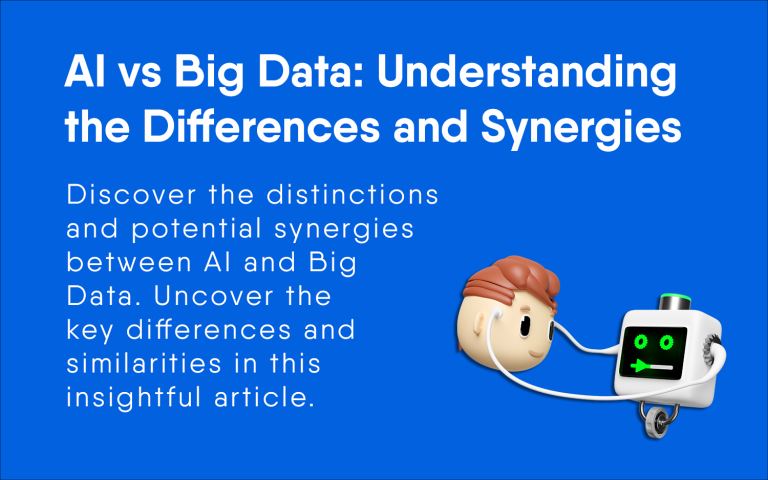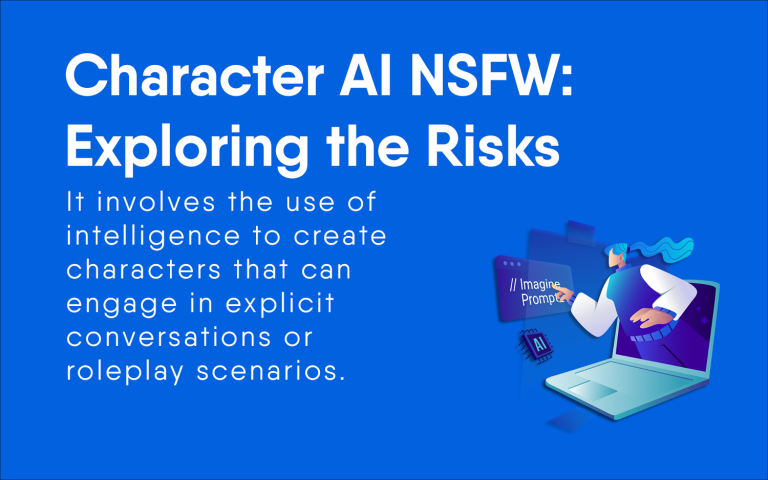AI vs Data Science: Which is the Better Choice?
AI and data science are two sought-after and financially rewarding domains within the technology industry. Although they are often used interchangeably, they are fields with varying skill requirements and applications. It is crucial for individuals contemplating a career in these fields to understand the disparities between AI and data science.
AI encompasses the creation of machines for performing tasks that necessitate human intelligence, such as learning, problem-solving, and decision-making. Machine learning serves as a subset of AI that involves instructing machines to learn from data without programming. On the other hand, data science focuses on extracting insights and knowledge from data by utilizing computational methods to analyze extensive datasets while identifying patterns and trends.
As the demand for professionals in both AI and data science continues to surge, many individuals are pondering which field offers the most prospects. Although both fields entice career opportunities, there exist distinctions that will shape an individual’s ideal path. This article aims to compare AI and data science by examining their applications and industry impact and ultimately aiding readers in selecting a suitable career trajectory.
Key Takeaways
- AI and data science are fields with skill requirements and practical applications.
- AI is focused on developing machines to perform tasks that traditionally require intelligence, while data science emphasizes extracting insights and knowledge from data.
- Understanding the disparities between AI and data science is crucial for individuals contemplating careers in these domains.
Understanding AI and Data Science
Artificial Intelligence (AI) and Data Science are widely used terms in the technology industry. Both have impacts driving innovation and transforming sectors with their unmatched capabilities. However, they are frequently used interchangeably, leading to confusion regarding their distinctions.
Core Concepts of Artificial Intelligence
AI is a branch of computer science dedicated to creating machines that perform tasks typically associated with human intelligence. It involves developing computer algorithms that can analyze, comprehend, interpret data, make predictions or decisions, and learn from experience. AI can be classified into two types: AI (also known as narrow AI) and strong AI.
In AI or narrow AI systems, machines are designed to perform particular tasks, like speech recognition, image recognition, or natural language processing.
On the side, strong AI, also known as general intelligence (AGI), aims to develop machines capable of performing any intellectual task that a human can do.
Fundamentals of Data Science
Data Science, on the other hand, involves extracting valuable insights from extensive data using a combination of statistical and computational methods. It encompasses techniques such as data mining, machine learning and predictive analytics.
Machine learning falls under the umbrella of Data Science. Focuses on constructing algorithms that can learn from data and make predictions or decisions. It utilizes models to identify patterns within data, which are then utilized for forecasting events.
Algorithms serve as the backbone for both AI and Data Science. They consist of sets of rules that machines adhere to in order to carry out tasks. In AI, algorithms are employed to train machines to recognize patterns, make decisions, and learn from experience. In data science, algorithms are utilized to extract insights from data and make predictions about occurrences.
To sum it up, AI and Data Science are two fields with overlapping characteristics. While AI aims to develop machines to handle tasks typically requiring human intelligence, data science focuses on extracting valuable insights from vast amounts of data.
Related Posts:
- Conversational AI vs Generative AI: Understanding the Differences
- What is AGI in AI: Understanding Artificial General Intelligence
Comparative Analysis
Critical Differences Between AI and Data Science
When it comes to AI and Data Science, although these terms are often used interchangeably, they have distinctions. Data Science primarily focuses on analyzing and interpreting datasets to extract insights for making informed decisions. On the other hand, AI is centered around developing systems capable of performing tasks that typically require human intelligence.
One notable difference between AI and Data Science is the level of automation involved. While AI aims to automate processes and teach machines how to mimic behavior, Data Science focuses on extracting insights, making predictions, or aiding in decision-making by interpreting amounts of data. Additionally, more expertise is required for each field. Data Science necessitates proficiency in analysis, programming languages, and data visualization techniques, whereas AI requires expertise in machine learning, deep learning algorithms, and natural language processing.
Decision-Making and Predictive Analytics
Both AI and Data Science play roles in decision-making processes and predictive analytics. Data Science utilizes data analysis to make predictions about trends.
AI, on the other hand, has the potential to create models that can learn from new data and make decisions based on that information. One of the advantages of AI is its ability to adapt its decision-making process by learning from fresh data. This characteristic makes it particularly useful in environments where data is constantly changing. In contrast, Data Science is better suited for environments where significant changes in data are not expected over time.
Career Opportunities and Growth
When it comes to career opportunities and growth, both AI and Data Science offer prospects. The demand for Data Scientists is high. The field is projected to experience growth in the coming years. According to one source, the average annual salary for a data scientist is around $120,000.
Similarly, AI engineers are also highly sought after. This field is expected to see growth in the near future. Another source suggests that AI engineers earn a salary of approximately $140,000.
Overall, both fields present stimulating career paths with potential for growth. The choice between AI and Data Science ultimately depends on an individual’s interests, qualifications, and career aspirations.
Related Posts:
Practical Applications and Industry Impact
Business and Technology Advancements
AI and big data have differences. Also, synergies can be beneficial in various industries. They are both driving business and technology advancements, revolutionizing the way organizations operate.
The introduction of AI and data science has allowed businesses to gain insights into customer behavior and repetitive tasks and optimize their operations. Embracing these technologies provides organizations with an edge in today’s evolving market.
One of the advantages of AI and data science is automation. By leveraging AI capabilities, businesses can automate tasks, freeing up employees to focus on complex activities that require human intelligence. This does not increase productivity. Also reduces costs. Moreover, AI enables businesses to make decisions by analyzing customer behavior patterns and market trends.
Computer vision and natural language processing are two areas where AI and data science have an impact. These technologies empower businesses to analyze amounts of data, such as images or text, for valuable insights and predictive analytics. For example, retailers can utilize computer vision to observe customer behavior within their stores, optimizing layouts for a shopping experience.
Real-World Use Cases
Various industries are embracing AI and data science across sectors, like healthcare, finance, and manufacturing, among others. In the healthcare industry, AI is being utilized to analyze images and predict the outcomes of diseases. In the field of finance, AI is employed to identify activities and make investment predictions. In manufacturing, AI plays a role in optimizing production processes and reducing wastage.
The utilization of data and predictive modeling is also significant in the application of AI and data science. By analyzing volumes of data, businesses can gain insights into customer behavior patterns and forecast future trends. This invaluable information aids businesses in making informed decisions and staying ahead of their competitors.
Overall, the practical applications of AI and data science are numerous and diverse across industries. As these technologies continue to advance, businesses that embrace them will be well-positioned for success in this age.
Related Posts:
Choosing the Right Path
Deciding between a career in AI or data science can be a choice. Both fields offer opportunities for growth and professional development. However, before reaching a decision, it’s essential to consider factors.
Education and Skill Development
One crucial factor is education and skill development. Having a foundation in programming and statistics is essential for both AI and data science domains.
However, the skills needed for each field can differ. Data science primarily focuses on analyzing and visualizing data, while AI requires an understanding of machine learning algorithms and natural language processing.
In terms of education, a bachelor’s degree in computer science, statistics, or a related field is typically required for both AI and data science. However, many professionals in these areas also pursue certifications or master’s degrees to enhance their expertise.
The Future of AI and Data Science
The future outlook for AI and data science professionals is encouraging. According to ConsoleFlare, “The job market for both AI and data science is expanding rapidly with growth rates projected to surpass the average for all occupations.”
As technology continues to evolve, the roles and responsibilities of those in the fields of AI and data science may evolve well. Professionals in these domains must remain updated on the advancements in technology.
Ultimately, choosing between a career path in AI or data science depends on an individual’s skills, interests, and career aspirations.
Both fields present prospects for expansion and progress, and with the learning and honing of skills, individuals can thrive in either domain.

Faisal Rafique
I’m an accomplished entrepreneur and content creator with a strong background in technology and software engineering. My expertise spans web development, eCommerce, programming, hosting management, technical support, and data science. I hold a Master’s Degree in Computer Science and Engineering, and I have over 5 years of professional experience, which I leverage to grow my digital business and popular blog, FaisalRafique.com

